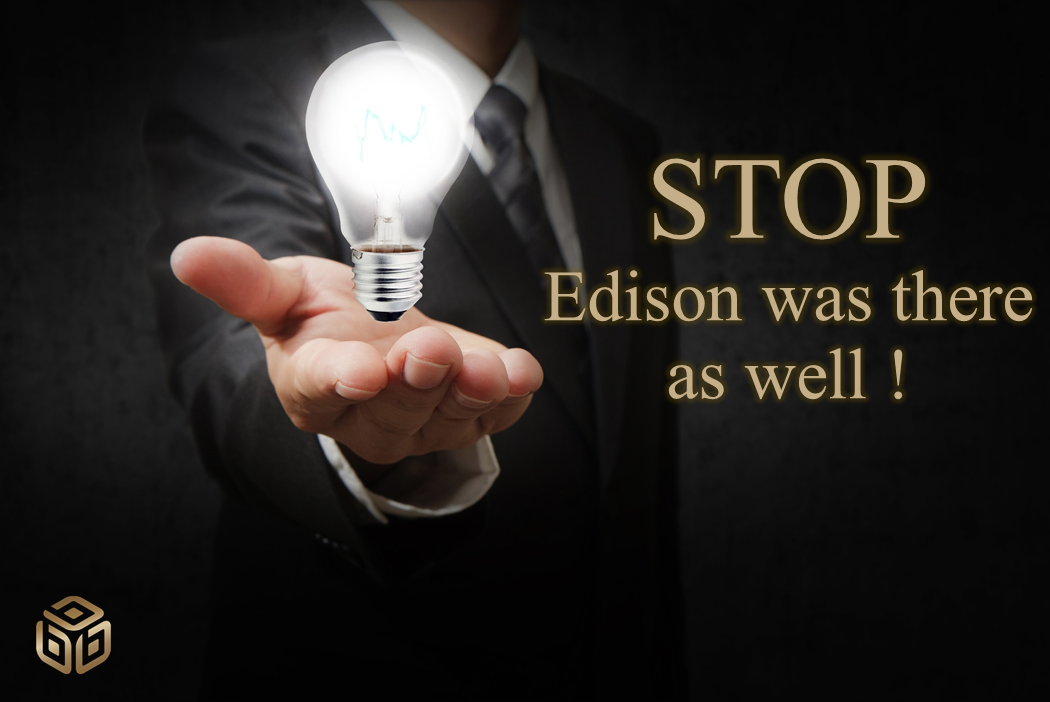STOP – Edison was there as well!
 Thomas Edison was a creative genius, no doubt in that, and he had a tremendous success. However, his inventions did not take off until he applied some marketing principles that contributed to his significant success.
Thomas Edison was a creative genius, no doubt in that, and he had a tremendous success. However, his inventions did not take off until he applied some marketing principles that contributed to his significant success.
Even though one of his initial inventions was considerably needed at that time, it was a flop. During 1869, he invented and patented an electronic vote recorder, which can tally the votes in the Massachusetts state legislature faster than the chamber’s traditional “hand-tab system.”
Surprisingly, it failed!
Edison himself got astonished in the beginning. Nevertheless, the cause of the problem was not in the invention of the product itself; it was because of the legislators’ habits (his customers). They actually liked to have a slow pace voting process, where they liked to lobby their friends and fellow legislators while voting takes place. Hence, no need for the rush (at least from their perspective).
Edison’s Idea was brilliant at that time (the year 1869) where they did not have today’s technological advancement to perform such a task in a very short period of time. However, the primary issue for Edison regarding that invention (as you might figured out already) is that he misunderstood the needs and wants of his intended target customers.
Edison learned from that mistake a crucial relationship between marketing and invention processes. He realised a necessary blend for business success. That consists of integrating marketing (marketing research to be more precise) with intended invention. That important shift in his mental paradigm was one of the things that led him to his tremendous success. He then said
Anything that won’t sell, I don’t want to invent… its sale is proof of utility, and utility is success.
Thomas Edison
After that, it was reported that Edison started to conduct different market research himself, and even he went to homes and workplaces to analyse what people were doing, in order to gain proper insights for his future inventions. He used to document different unmet needs and then applied creativity and science to fill those needs (market gaps).
Edison, best known for the light bulb, and he was an extraordinary person with 1,093 US patents and 1,293 international patents. Between 1873 and 1905, he pioneered six industries and today they are estimated to be worth more than $1 trillion. He considered to be one of the world’s first market researchers.
He firmly believed in this simple, yet crucial formula:
Creativity + Marketing = Success
Understanding the true meaning of this formula could help us greatly to succeed in our businesses!
We’d love to hear from you!
What do you think? Do you have any related story you like to share?
Reference: Caldicot, S (2010) invention and marketing: Joined at the hip, Media Week, 28 April.




